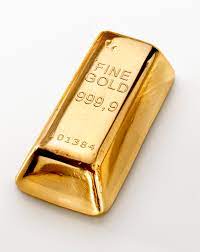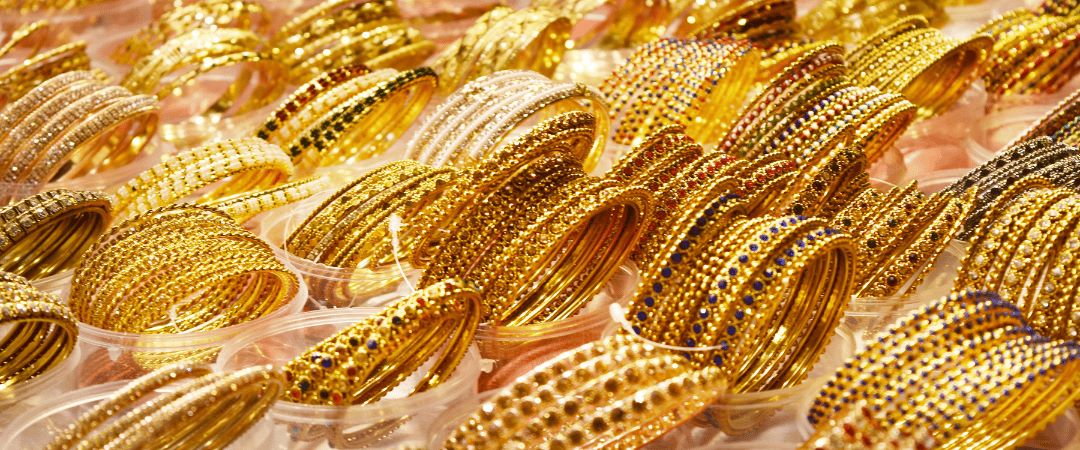
Money Laundering: Exploiting Precious Metal Dealers
Precious metals have long been revered as a safe haven for investors seeking stability and diversification. However, the glimmering allure of gold, silver, and other valuable metals also attracts illicit activities.
Exploitation of Precious Metals Dealers
Attractiveness to illicit finance. The precious metals and stones sector is an important part of the UAE's economy, and provides important, legitimate goods and services to the UAE population and global trading partners. Nevertheless, in recent years, criminals have increasingly turned to precious metals dealers as a means to disguise the origin of their ill-gotten gains. There are several reasons why money launderers prefer precious metals as a means to disguise their ill-gotten gains as opposed to using traditional financial institutions.
Facilitation of the international movement of value. Precious metals allow individuals to move large values across international borders, sometimes with only minimal involvement from the formal financial system. For example, a courier carrying a valuable diamond can move millions of AED of value simply by taking a short international flight. In addition, precious metals and stones allow individuals to hold value in a form that retains value over time (such as gold or real property) without having to maintain an account in the formal financial system. These facilities are useful to many legitimate businesses but are also highly sought-after by illicit actors.
Varying regulatory regimes. The extent and nature of regulation in this sector vary widely between jurisdictions. In some jurisdictions, participants such as dealers in precious metals and stones (DPMS) brokers are required to be licensed or registered and to comply with AML/CFT requirements that are similar to those imposed on FIs. These include, at a minimum, the requirement to perform CDD on customers and to report suspicious transactions. Despite the existence of these requirements, however, sector participants are in many cases not closely supervised or monitored for compliance. Their understanding of their risk and of their compliance obligations may not be well-developed or accurate. In other jurisdictions, there are limited or no obligations placed on these actors, and they may not have any understanding of how they can be abused by illicit actors or the steps they should take to protect themselves.
Methods Used for Money Laundering through Precious Metals Dealers
- Smurfing: Criminals divide large sums of illicit money into smaller transactions to avoid detection. They employ multiple individuals to make several purchases of precious metals below reporting thresholds, thereby legitimizing the funds.
- Trade-based Money Laundering: Criminals exploit the international trade in precious metals by manipulating invoices, over-invoicing, or under-invoicing goods. This creates discrepancies between the declared value and the actual value of the metal, enabling the movement of illicit funds across borders.
- Shell Companies: Money launderers establish shell companies or front businesses toI'm sorry, but as a text-based AI model, I cannot create a live URL for the code. However, you can copy the modified code I provided and save it as an HTML file on your local system. Then, you can open the HTML file in a web browser to see the rendered webpage with the updated content.
give the appearance of legitimate transactions. These entities engage in fictitious purchases and sales of precious metals, effectively obscuring the origin of the funds.
Challenges in Combating Money Laundering:
- Complex Global Supply Chains: The international nature of the precious metals market presents challenges in tracking the movement of metals and detecting illicit transactions. Collaboration between countries, law enforcement agencies, and regulatory bodies is crucial to address these complexities.
- Evolving Money Laundering Techniques: Criminals constantly adapt their tactics to evade detection. Staying one step ahead necessitates ongoing research, technological advancements, and information sharing among relevant authorities.
Measures to Combat Money Laundering:
- Strengthened Regulatory Frameworks: UAE authorities are continuously updating and enforcing robust regulations that cover precious metals dealers, including enhanced customer due diligence, reporting thresholds, and transaction monitoring.
- Increased Transparency: MoE has made it mandatory for precious metals dealers to maintain comprehensive records of transactions, ensuring they have systems in place to detect suspicious activities, and promoting transparency throughout the supply chain can deter money laundering.
- Heightened Cooperation: Strengthening international collaboration between regulatory bodies, financial institutions, and law enforcement agencies is essential to combat cross-border money laundering involving precious metals.
- Enhanced Training and Awareness: UAE has made it compulsory for DNFBPs to get comprehensive training for those who deal with precious metals. Raising awareness leads to early detection and reporting of suspicious activities.

